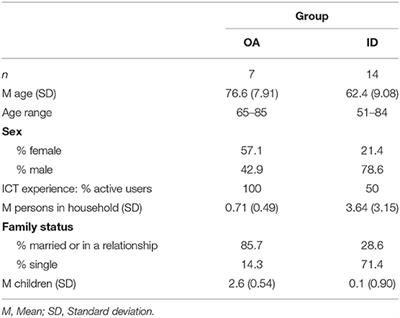EDITORIAL
Published on 27 Sep 2022
Editorial: Exploring the technological needs of older adults: Advances in design, functionality, user experience, and age-related cognitive and sensory aids to facilitate adoption
doi 10.3389/fcomp.2022.1043652
- 639 views





